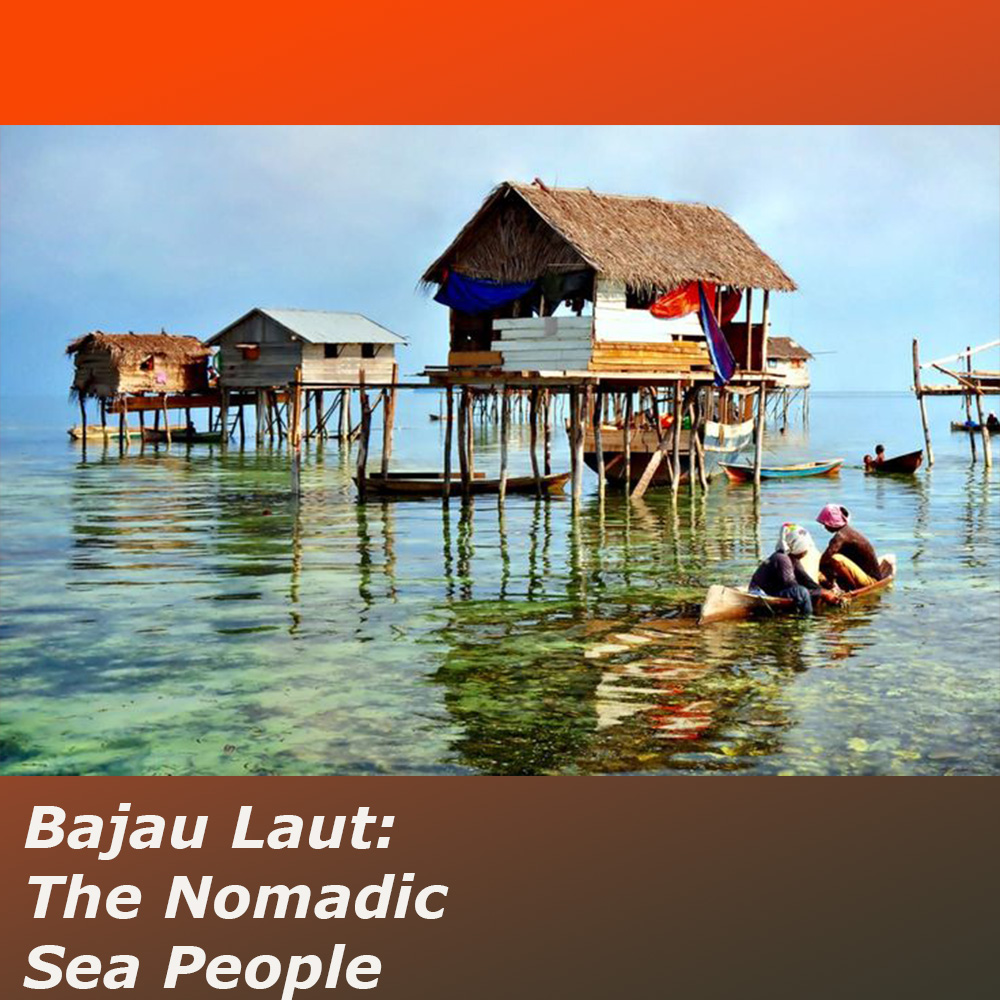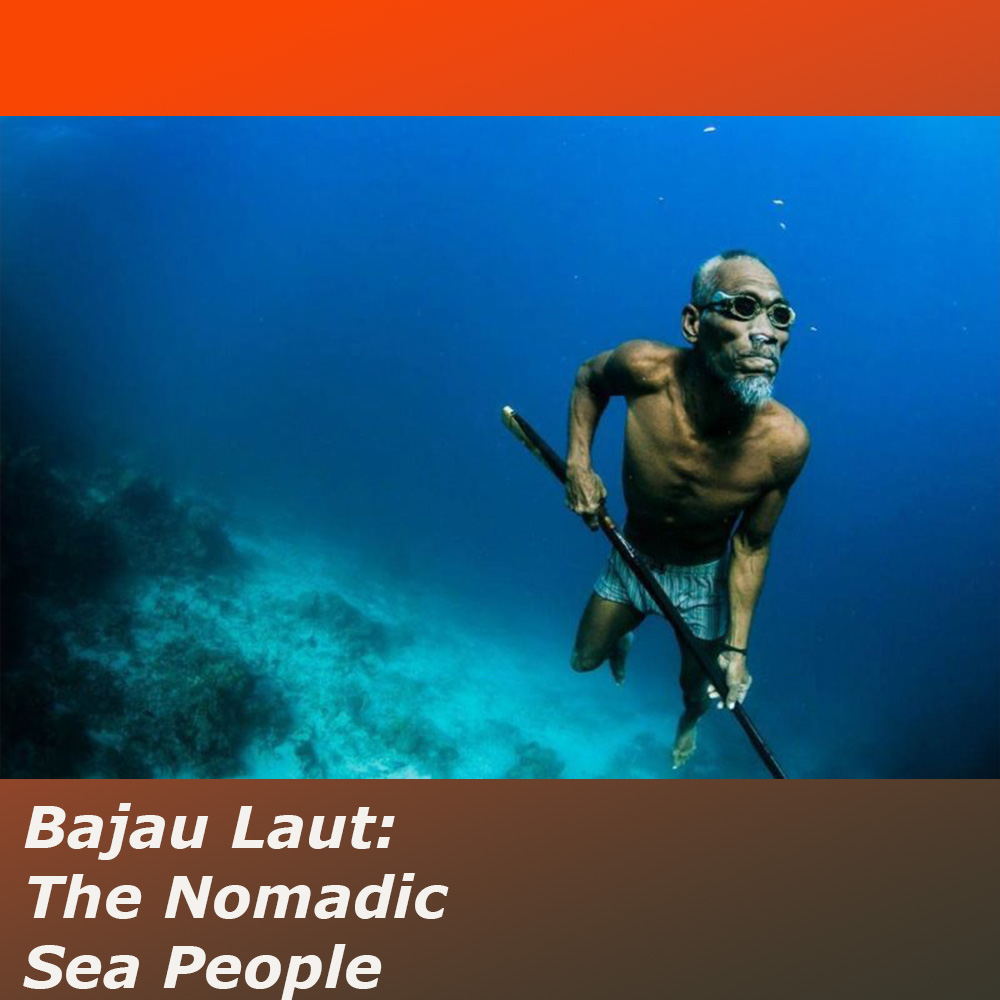Bajau Laut: The Nomadic Sea People and the Modern Threats to Their Survival
Green Sea World || About Us || G.S.W. Project || Education School || Collaborate with us || Contact Us ||
|| Africa || Antarctica || Asia || Australia-Oceania || Europe || North America || South America ||

Bajau Laut: The Nomadic Sea People and the Modern Threats to Their Survival
In some remote areas of Southeast Asia, lives a truly unique community: the Bajau Laut, also known as the “sea nomads.”
For centuries, these extraordinary freedivers and navigators have moved across the waters of the Sulu Sea and the islands of Indonesia and Malaysia, living aboard small wooden boats called lepa-lepa or in stilted villages over the ocean.
Their lives are a constant dialogue with the sea: they fish while freediving to incredible depths, hunt using traditional techniques, and can hold their breath for several minutes thanks to physiological adaptations developed over generations.
However, this millennia-old way of life is now under serious threat from environmental changes, social pressures, and political transformations.
Not the Challenge of Extreme Cold, but the Daily Struggle to Survive the Sea
Although they do not face polar temperatures like in Antarctica, the Bajau endure extreme conditions every day:
- Spending long periods in saltwater without modern protection.
- Coping with food shortages caused by unstable marine ecosystems.
- Living in constant balance with the unpredictable sea, tropical storms, and scarcity of resources.
These challenges have shaped the Bajau into one of the most resilient maritime cultures on Earth.
Modern Threats to the Traditional Life of the Bajau
1. Overfishing and Marine Pollution
Over the last few decades, the seas on which the Bajau depend have changed dramatically.
Industrial overfishing has drastically reduced fish stocks. Commercial fleets with advanced equipment deplete the local marine resources, leaving the Bajau with increasingly scarce catches.
At the same time, marine pollution — from plastics to industrial waste — is destroying coastal ecosystems. Coral reefs, vital for marine biodiversity, suffer from bleaching and degradation, making traditional fishing ever more challenging and dangerous.
2. Political Restrictions on Maritime Borders
Once, the sea was a borderless territory for the Bajau. Today, they face strict maritime borders enforced by the Philippines, Malaysia, and Indonesia.
Without official documentation, many Bajau risk:
- Expulsion as “illegal immigrants”;
- Being accused of unauthorised fishing;
- Facing limitations on their traditional movements.
These restrictions undermine their ancestral freedom and are forcing many communities to radically alter their way of life.
3. Forced Urbanisation and Loss of Culture
Due to economic hardship and legal pressures, many Bajau have abandoned their nomadic lifestyle, settling in coastal villages or urban slums.

This forced urbanisation results in:
- Marginalisation: lack of access to education, healthcare, and stable employment.
- Cultural loss: younger generations grow up without learning traditional fishing, navigation, or boatbuilding skills.
- Social discrimination: often viewed as second-class citizens, with little protection or political representation.
Thus, a priceless cultural heritage, refined over centuries, is at risk of being erased by modernity.
A Heritage Worth Protecting
The Bajau represent a living example of human adaptation to the marine environment.
Preserving their culture also means protecting a respectful, balanced, and sustainable approach to the sea — a body of knowledge humanity cannot afford to lose.
Supporting the Bajau means:
- Valuing cultural biodiversity;
- Fighting marine pollution;
- Defending the human rights of indigenous peoples.
The sea is their home, their life, and their future. And today, more than ever, they need the world’s attention and care.


